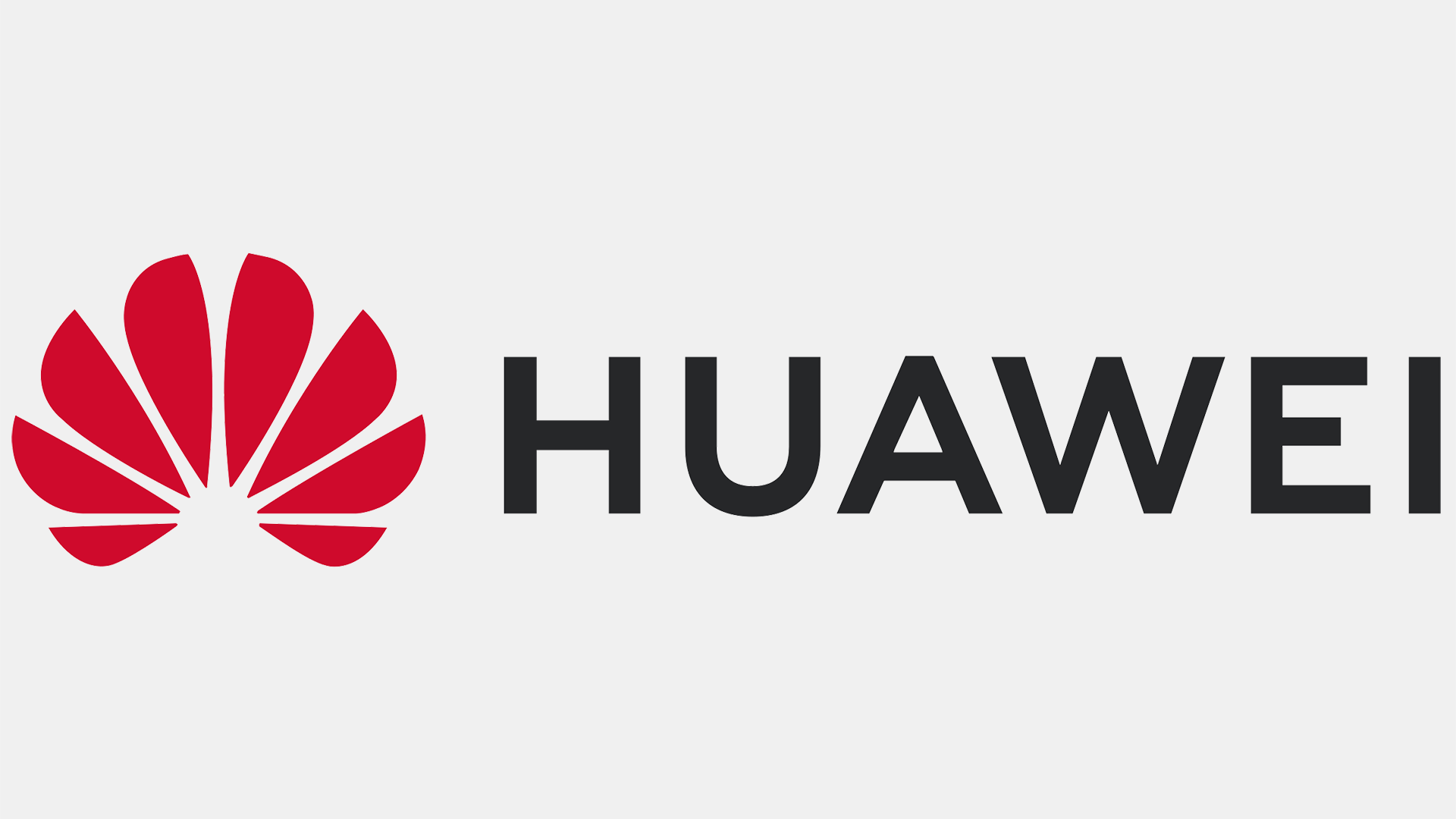Huawei's Breakthrough 7nm Chips Projected at 50% Yield: Report
Huawei preps a 5G smartphone comeback with in-house-designed SoC.

Get Tom's Hardware's best news and in-depth reviews, straight to your inbox.
You are now subscribed
Your newsletter sign-up was successful
Huawei has ambitious plans to restart the manufacturing of high-end mobile system-on-chips as early as this year, a report by Nikkei claims. The story corroborates an earlier Reuters report that Huawei plans to use SMIC's 7nm-class fabrication technology to make its comeback to smartphone SoCs. But there is a problem that Huawei may reportedly face: high defect density of SMIC's 7nm-class node.
"However, the production yield [quality] for a 7nm node is believed to be quite low, at about 50%, and it still has lots of room for improvement," said Donnie Teng, an analyst with Nomura Securities, in a comment to Nikkei. "The chip being available and the chip being commercially ready are different things. It is still worth monitoring how it goes, but we understand Huawei is willing to invest a lot on this to bring back its chips."
Contemporary mobile SoCs contain tens of billions of transistors and are fairly large. For example, Apple's A16 Bionic comprises of 16 billion of transistors and runs at up to 3.46 GHz. Huawei has historically competed against Apple and Samsung with its flagship smartphones and developed truly advanced SoCs. We do not know what Huawei plans to do at this time, but we are pretty sure that it wants to build something that is competitive enough with high-end smartphones from its rivals.
SMIC has never formally announced its 7nm-class technology, but the node in question could be its N+1 process that was designed as a low-cost alternative to TSMC's N7 and has been in production since at least early 2021. Typically, nodes designed for inexpensive chips are not meant to produce SoCs with large dies. But smartphone SoCs that pack billions of transistors tend to be relatively large, so making them using N+1 may be challenging.
Of course, it is possible that SMIC and Huawei have designed a new node that is optimized for high-performance mobile SoCs and while its defect density may be too high for the target applications now, both companies will work to reduce it and improve yields.
Huawei and SMIC have been blacklisted by the U.S. government since 2020. While Huawei does not have access to TSMC's or Samsung Foundry's process technologies, SMIC cannot obtain fab tools advanced enough to build chips on 14nm-class FinFET process technologies without getting permission from the U.S. government. But SMIC still has equipment that is good enough to make chips on a 5nm-class process technology and while they will likely be more expensive than competing processors produced by TSMC using EUV tools, they will still do the job.
For China, if Huawei can bring its mobile chips back into production, it would represent a significant victory. The country has spent many years and substantial amounts of money to establish a comprehensive domestic chip industry, but SMIC has almost managed to get to 7nm and 5nm-class nodes, it could never obtain EUV equipment to develop more advanced fabrication technologies. Furthermore, without access to contemporary DUV tools its ability to make 14nm and 7nm-class chips is under question.
Get Tom's Hardware's best news and in-depth reviews, straight to your inbox.
Meanwhile, the lion's share of SMIC's revenue still comes from chips made on 40nm and older technologies, so the restrictions imposed by the U.S., Japan, and the Netherlands have hardly impacted SMIC financially.

Anton Shilov is a contributing writer at Tom’s Hardware. Over the past couple of decades, he has covered everything from CPUs and GPUs to supercomputers and from modern process technologies and latest fab tools to high-tech industry trends.
-
gg83 I could see Huawei redesign the OS to make a crappy 7nm quote-unquote SoC appear to compete with western SoCs. If that's even possible.Reply -
nookoool I am surprise they have the capacity for consumer smartphone chips, i would imagine they would be printing chips for higher priority products like telco/base station chips and ai chips.Reply -
watzupken Like I said before, sanctions are ineffective in the longer run. While countries can sanction certain technology from going into the hand of another, there is always walkaround to it. For instance, you can just hire the person that have the knowhow. That you can't sanction. China is not some third world country that can't afford to pay if they are in need.Reply